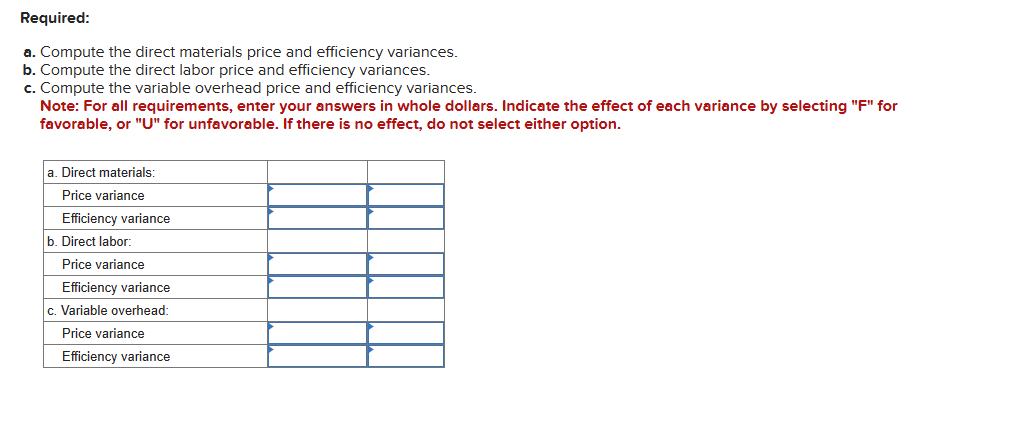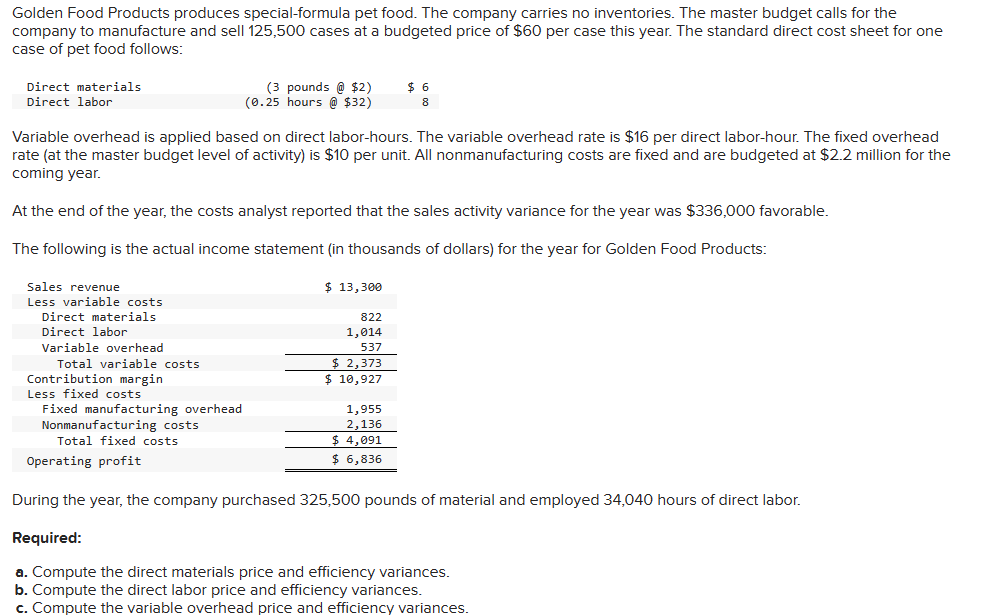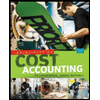Golden Food Products produces special-formula pet food. The company carries no inventories. The master budget calls for the company to manufacture and sell 125,500 cases at a budgeted price of $60 per case this year. The standard direct cost sheet for one case of pet food follows: Direct materials Direct labor Sales revenue Less variable costs Variable overhead is applied based on direct labor-hours. The variable overhead rate is $16 per direct labor-hour. The fixed overhead rate (at the master budget level of activity) is $10 per unit. All nonmanufacturing costs are fixed and are budgeted at $2.2 million for the coming year. At the end of the year, the costs analyst reported that the sales activity variance for the year was $336,000 favorable. The following is the actual income statement (in thousands of dollars) for the year for Golden Food Products: Direct materials Direct labor Variable overhead Total variable costs Contribution margin Less fixed costs Fixed manufacturing overhead (3 pounds @ $2) (0.25 hours @ $32) Nonmanufacturing costs Total fixed costs $ 13,300 822 1,014 537 $2,373 $ 10,927 $6 8 1,955 2,136 $ 4,091 $ 6,836 Operating profit During the year, the company purchased 325,500 pounds of material and employed 34,040 hours of direct labor. Required: a. Compute the direct materials price and efficiency variances. b. Compute the direct labor price and efficiency variances. c. Compute the variable overhead price and efficiency variances.
Golden Food Products produces special-formula pet food. The company carries no inventories. The master budget calls for the company to manufacture and sell 125,500 cases at a budgeted price of $60 per case this year. The standard direct cost sheet for one case of pet food follows: Direct materials Direct labor Sales revenue Less variable costs Variable overhead is applied based on direct labor-hours. The variable overhead rate is $16 per direct labor-hour. The fixed overhead rate (at the master budget level of activity) is $10 per unit. All nonmanufacturing costs are fixed and are budgeted at $2.2 million for the coming year. At the end of the year, the costs analyst reported that the sales activity variance for the year was $336,000 favorable. The following is the actual income statement (in thousands of dollars) for the year for Golden Food Products: Direct materials Direct labor Variable overhead Total variable costs Contribution margin Less fixed costs Fixed manufacturing overhead (3 pounds @ $2) (0.25 hours @ $32) Nonmanufacturing costs Total fixed costs $ 13,300 822 1,014 537 $2,373 $ 10,927 $6 8 1,955 2,136 $ 4,091 $ 6,836 Operating profit During the year, the company purchased 325,500 pounds of material and employed 34,040 hours of direct labor. Required: a. Compute the direct materials price and efficiency variances. b. Compute the direct labor price and efficiency variances. c. Compute the variable overhead price and efficiency variances.
Principles of Cost Accounting
17th Edition
ISBN:9781305087408
Author:Edward J. Vanderbeck, Maria R. Mitchell
Publisher:Edward J. Vanderbeck, Maria R. Mitchell
Chapter8: Standard Cost Accounting—materials, Labor, And Factory Overhead
Section: Chapter Questions
Problem 17P: Shinto Corp. uses a standard cost system and manufactures one product. The variable costs per...
Related questions
Question

Transcribed Image Text:Required:
a. Compute the direct materials price and efficiency variances.
b. Compute the direct labor price and efficiency variances.
c. Compute the variable overhead price and efficiency variances.
Note: For all requirements, enter your answers in whole dollars. Indicate the effect of each variance by selecting "F" for
favorable, or "U" for unfavorable. If there is no effect, do not select either option.
a. Direct materials:
Price variance
Efficiency variance
b. Direct labor:
Price variance
Efficiency variance
c. Variable overhead:
Price variance
Efficiency variance

Transcribed Image Text:Golden Food Products produces special-formula pet food. The company carries no inventories. The master budget calls for the
company to manufacture and sell 125,500 cases at a budgeted price of $60 per case this year. The standard direct cost sheet for one
case of pet food follows:
Direct materials
Direct labor
Sales revenue
Less variable costs
Variable overhead is applied based on direct labor-hours. The variable overhead rate is $16 per direct labor-hour. The fixed overhead
rate (at the master budget level of activity) is $10 per unit. All nonmanufacturing costs are fixed and are budgeted at $2.2 million for the
coming year.
At the end of the year, the costs analyst reported that the sales activity variance for the year was $336,000 favorable.
The following is the actual income statement (in thousands of dollars) for the year for Golden Food Products:
Direct materials
Direct labor
Variable overhead
Total variable costs
Contribution margin
Less fixed costs
Fixed manufacturing overhead
(3 pounds @ $2)
(0.25 hours @ $32)
Nonmanufacturing costs
Total fixed costs
$ 13,300
822
1,014
537
$2,373
$ 10,927
$6
8
1,955
2,136
$ 4,091
$ 6,836
Operating profit
During the year, the company purchased 325,500 pounds of material and employed 34,040 hours of direct labor.
Required:
a. Compute the direct materials price and efficiency variances.
b. Compute the direct labor price and efficiency variances.
c. Compute the variable overhead price and efficiency variances.
Expert Solution
Step 1
Variance is difference between actual and estimated data.
Price variance is the actual unit cost of an item less its standard cost, multiplied by the quantity of actual units purchased. The standard cost of an item is its expected or budgeted cost based on engineering or production data.
Trending now
This is a popular solution!
Step by step
Solved in 3 steps

Recommended textbooks for you

Principles of Cost Accounting
Accounting
ISBN:
9781305087408
Author:
Edward J. Vanderbeck, Maria R. Mitchell
Publisher:
Cengage Learning

Financial And Managerial Accounting
Accounting
ISBN:
9781337902663
Author:
WARREN, Carl S.
Publisher:
Cengage Learning,

Managerial Accounting
Accounting
ISBN:
9781337912020
Author:
Carl Warren, Ph.d. Cma William B. Tayler
Publisher:
South-Western College Pub

Principles of Cost Accounting
Accounting
ISBN:
9781305087408
Author:
Edward J. Vanderbeck, Maria R. Mitchell
Publisher:
Cengage Learning

Financial And Managerial Accounting
Accounting
ISBN:
9781337902663
Author:
WARREN, Carl S.
Publisher:
Cengage Learning,

Managerial Accounting
Accounting
ISBN:
9781337912020
Author:
Carl Warren, Ph.d. Cma William B. Tayler
Publisher:
South-Western College Pub

Cornerstones of Cost Management (Cornerstones Ser…
Accounting
ISBN:
9781305970663
Author:
Don R. Hansen, Maryanne M. Mowen
Publisher:
Cengage Learning

Principles of Accounting Volume 2
Accounting
ISBN:
9781947172609
Author:
OpenStax
Publisher:
OpenStax College

Managerial Accounting: The Cornerstone of Busines…
Accounting
ISBN:
9781337115773
Author:
Maryanne M. Mowen, Don R. Hansen, Dan L. Heitger
Publisher:
Cengage Learning